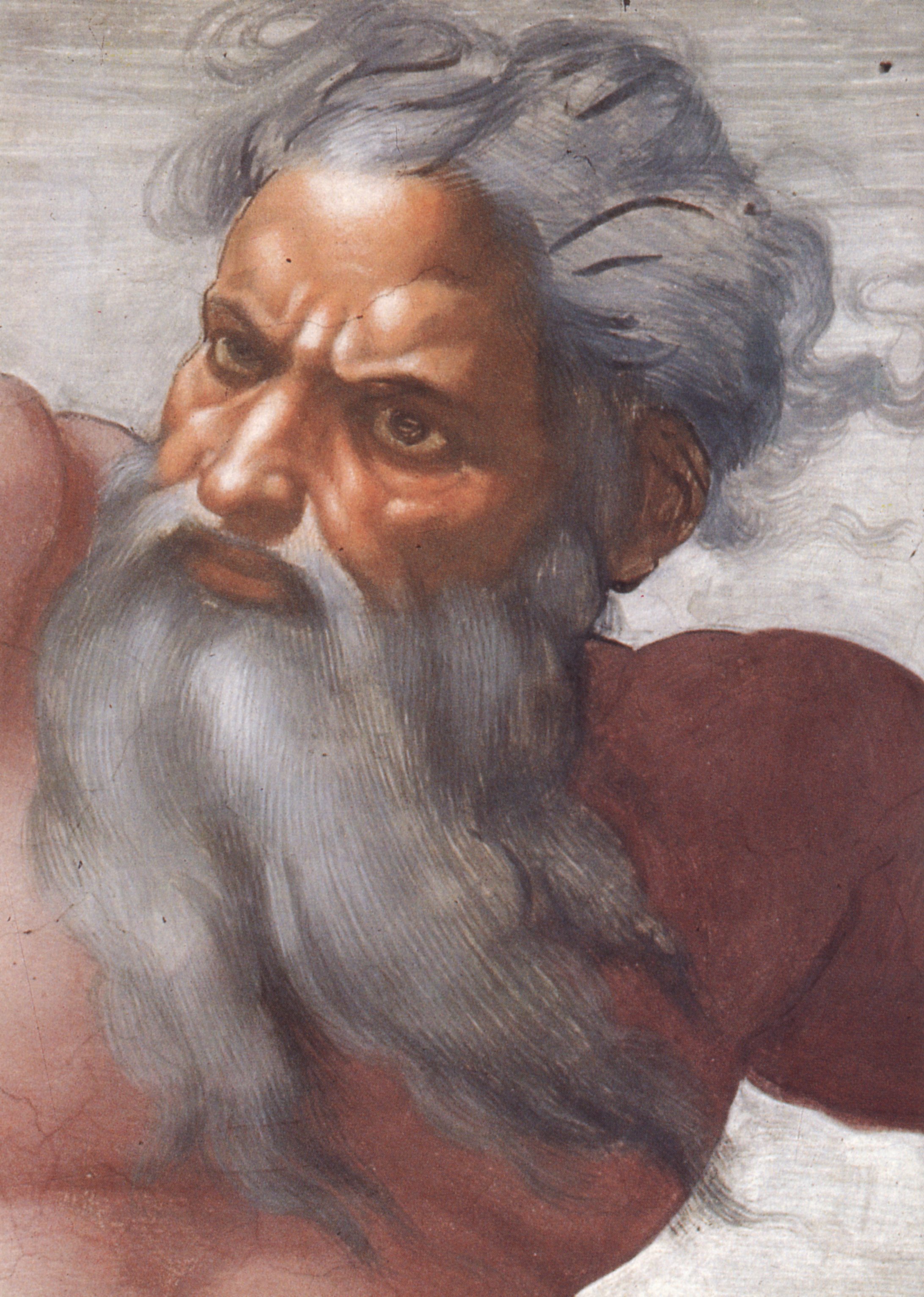
Last week, in a post about Santayana, I said by way of admitting my own prejudices, "I find reasonable an act of 'will to believe' in a God whose existence I can not prove, as part of my effort to lead a productive and satisfying life on earth."
A friend wrote me immediately that he was surprised by this rather modest confession of faith. He said he thought the phrase "whose existence I can not prove" was rather misleading, since it suggests that I may have some evidence of God's existence, though it is evidence inadequate to clear the bar of proof. He thought "for whose existence I have no evidence at all" would be a more frank statement of the epistemological situation.
My reply:
I do believe that I have evidence that God exists that falls short of proof, so I don't agree that I was cheating with the phrase "whose existence I cannot prove."
The evidence is human subjectivity itself, the stream of consciousness. It remains incomprehensible how this could have been produced by the material fact of a brain.
One possible response to that incomprehensibility, a response that James took quite seriously (it forms the gist of his essay on immortality) is that the brain doesn't produce consciousness at all, but rather allows it to pass -- passing through, that is, from another realm.
In such a hypothesis, we are windows on the wall of a Great Hall, yet we are inward-facing windows. In the normal circumstances we only see the inside of this hall (the material world): thus we see the other windows.
Yet we aren't windows (material chunks of glass) alone. We are also the light that is passing through ourselves. That is what generally strikes us so much about the other windows, the light passing through them from the sun (or moon) outside of the hall we share.
A diseased brain, on this analogy, is a dirty window. As grime piles up on the glass of one of our friends, we see a less and les impressive stream of light passing through, and we say mournfully that we have lost our companion, even though the glass remains intact.
The ultimate source of the light would be God. [There may be proximate sources, in much the way that the moon may be considered the proximate source of a stream of light, though the ultimate source would still be the Sun.] .
Does this analogy express anything real about the cosmos? That is the subject of my willed belief.
Is there evidence?
The fact of human subjectivity is itself evidence, and the failure of various mechanistic models to explain that fact is also evidence in favor of such a hypothesis.
Is that proof? No.
Still, sometimes one gets lost on a mountain....
The incomprehensibility of how consciousness could have been produced by the brain is not evidence for the existence of God. Nor is the incomprehensibility of the cause of thunder and lightning evidence that Thor or Zeus creates them by hurling thunderbolts. To attribute a cause to a supernatural being is a way of saying "I don't know the cause." God as a cause is a placeholder for knowledge that one lacks.
ReplyDelete